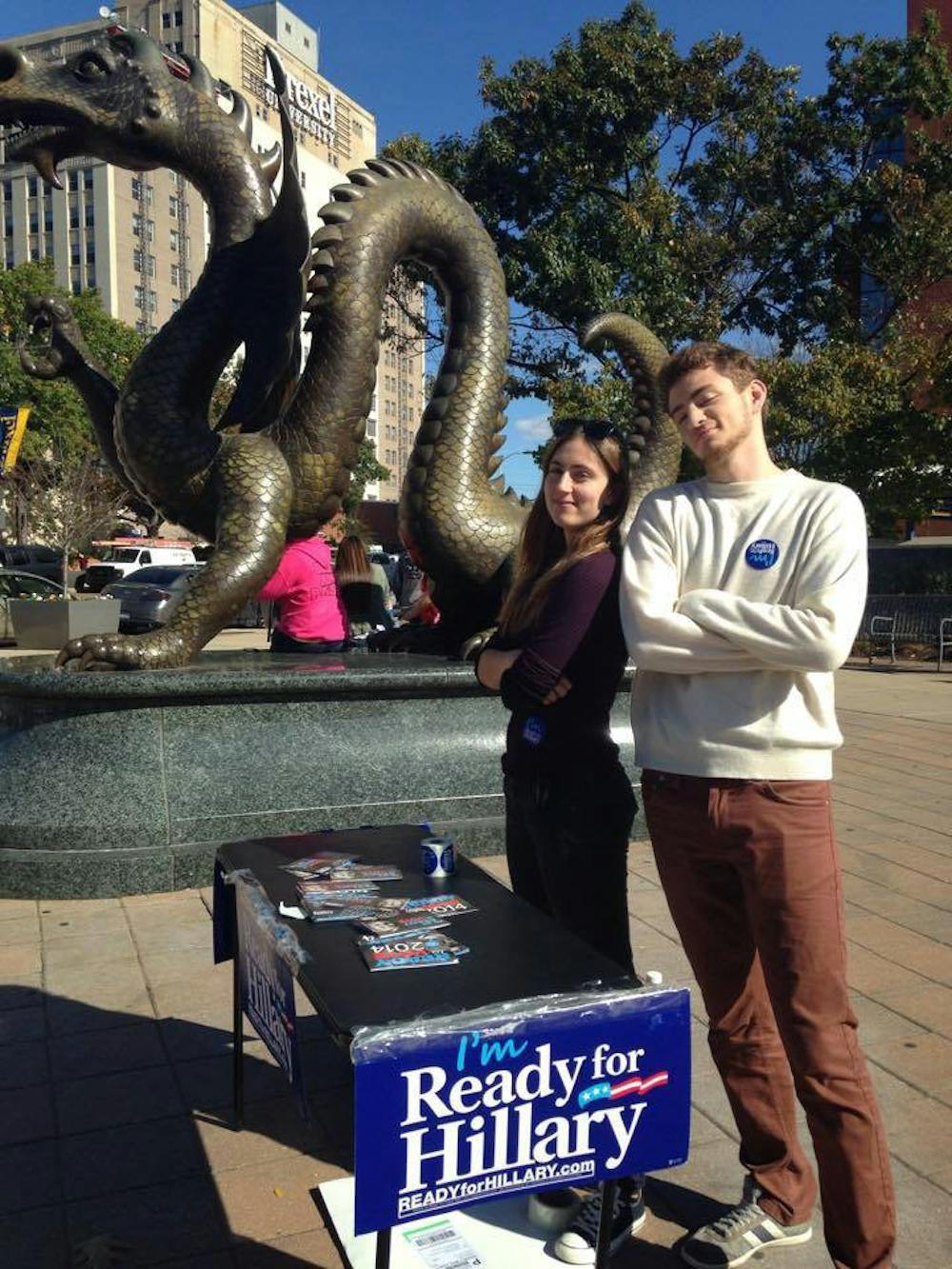Volunteering, donating and raising awareness for political candidates are common modes of student political activism. But a new group of Penn students are taking a different approach: forming a political action committee.
On Feb. 10, the Federal Elections Committee officially approved Philadelphia Students for Progress, the recently created student PAC.
“The reason why we want to do it is so we can fundraise and help support grassroots campaigns,” said College sophomore and Philadelphia Students for Progress co-chair Mitch McVeigh. “A lot of corporate and special interests can influence politics by creating their own super PACs and donating money to campaigns or to specific advertisements supporting candidates. However, students really haven’t been involved with that, and I think this is a great way for students to become more actively involved in politics.”
A PAC is a committee that can raise and spend money for political purposes, usually to elect and defeat candidates.
A student-formed PAC is rare, but not completely unprecedented. Earlier this year, for instance, a senior at Claremont McKenna College created a PAC named Millennials for Jeb, which is fundraising for Jeb Bush to run in 2016. However, Philadelphia Students for Progress is the first PAC started by Penn students.
Philadelphia Students for Progress came to fruition when some of the members of Penn for Hillary — a student group focused on supporting Hillary Clinton’s presidential bid in 2016 — decided to take a new route in supporting Democratic causes and political engagement on a wider level.
“What we do for Penn for Hillary is more about getting support on campus,” said Philadelphia Students for Progress Co-Chair Emily Irani, a College sophomore. “But with this PAC, it broadens our horizons a bit with any sort of Philadelphia politics, whether it is with senators or congressional campaigns or the mayoral campaign.”
McVeigh and Irani hope that the PAC will allow their advocacy to transcend campus. “The PAC is more of a professional way to do it,” Irani added. “The PAC is a way to make it easier to solicit money from people but with a wider goal.”
For a PAC to form, it must register with the FEC by providing a name, address, treasurer and affiliated organizations. The FEC regulates that, per election, a PAC can give up to $5,000 to a candidate committee, up to $15,000 annually to a national party committee and up to $5,000 to another PAC.
“We’ve just started soliciting this week,” McVeigh said, adding that they have raised $70 and hope to raise somewhere between $500 and $1,000 by the end of the semester. “We are really trying to reach out to alumni, because they would probably be more receptive to it.”
While the co-chairs declined to name any candidates to whom they plan to donate, their focus will be on donating to Democrats and liberal organizations.
“The goal is to support student political organizations devoted to building grassroots support for Democratic candidates,” McVeigh said. “If a lot of colleges started doing this ... it would increase youth voter turnout and it would give them a more active voice in politics because students — although a lot of the time they volunteer on campaigns — often don’t turn out to vote. But if they were to have a more proactive voice, I think certain interests, like student loans, might be addressed more.”



